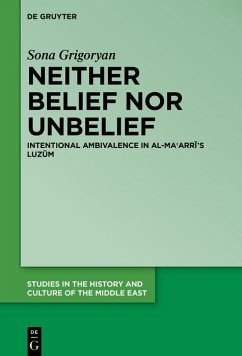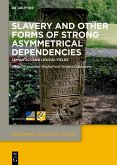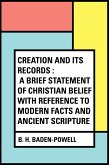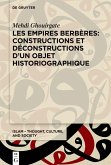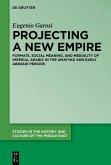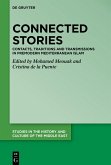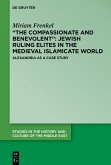The book re-examines the religious thought and receptions of the Syrian poet Abu l-¿Alä al-Mäarri (d.1057) and one of his best known works -
Luzum ma la yalzam (The Self-Imposed Unnecessity), a collection of poems, which, although widely studied, needs a thorough re-evaluation regarding matters of (un)belief. Given the contradictory nature of al-Mäarri's
oeuvre and
Luzum in particular, there have been two major trends in assessing al-Mäarri's religious thought in modern scholarship. One presented al-Mäarri as an unbeliever and a freethinker arguing that through contradictions, he practiced
taqiya, i.e., dissimulation in order to avoid persecution. The other, often apologetically, presented al-Mäarri as a sincere Muslim. This study proposes that the notion of ambivalence is a more appropriate analytical tool to apply to the reading of
Luzum, specifically in matters of belief. This ambivalence is directly conditioned by the historical and intellectual circumstances al-Mäarri lived in and he intentionally left it unsolved and intense as a robust stance against claims of certainty. Going beyond reductive interpretations, the notion of ambivalence allows for an integrative paradigm in dealing with contradictions and dissonance.
Dieser Download kann aus rechtlichen Gründen nur mit Rechnungsadresse in A, B, BG, CY, CZ, D, DK, EW, E, FIN, F, GR, HR, H, IRL, I, LT, L, LR, M, NL, PL, P, R, S, SLO, SK ausgeliefert werden.

